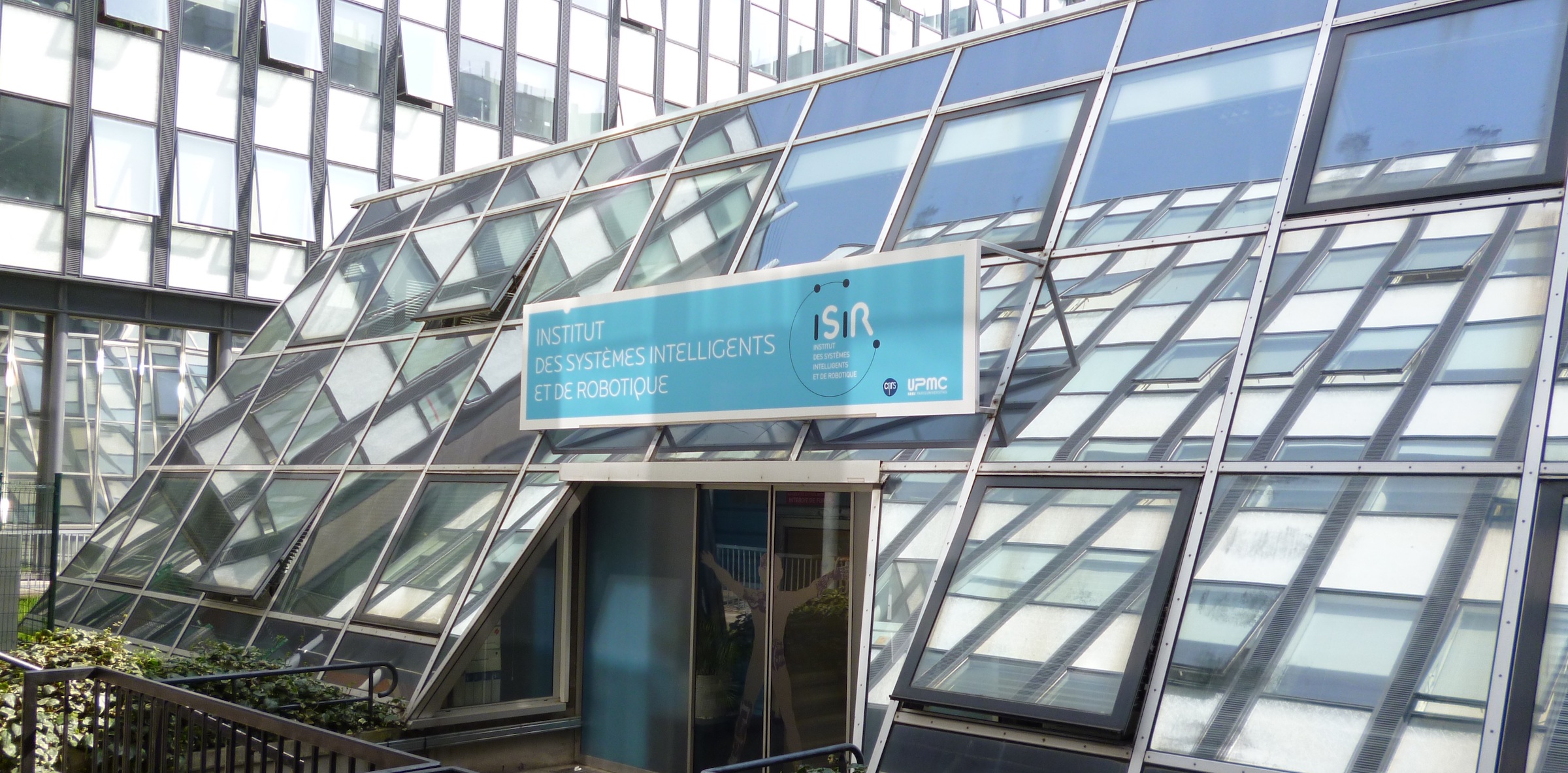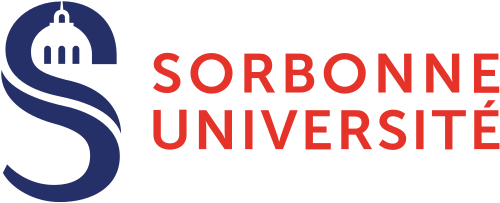ISIR is undergoing recent changes at the start of 2024, marked by the arrival of a new management team comprising Stéphane Doncieux* and Mohamed Chetouani**. The incoming management team succeeds Guillaume Morel, professor of robotics, who has held the position of director since 2019.
*Stéphane Doncieux, director of ISIR, is professor of computer science at Sorbonne University. **Mohamed Chetouani, deputy director of ISIR, is professor in signal processing and machine learning for human-machine interaction at Sorbonne University.
The restructuring of ISIR is characterized by the creation of five research teams:
ACIDE: Action, Cognition, Interaction and Embedded Decisions
- Leader: Benoît Girard
- The ACIDE team is interested in embedded action, cognition, interaction and decision: the behavior of agents (living or artificial) is considered in the context of a dynamic environment including other agents. Through experimentation and modeling, it studies the cognitive capacities of humans and animals. It is also involved in the design of more adapted, transparent and personalized human-machine interaction devices.
ASIMOV: Learning for Intelligent Systems in Open Environments
- Leader: Pascal Morin
- The ASIMOV team is dedicated to solving complex problems linked to the interaction of robots with their environment. Research areas cover complex mechanics and physical interactions in unknown and dynamic environments, to meet challenges centered on service robotics in open environments.
IRIS: Interface and Robotics for Sensorimotor Interaction
- Leader: Ludovic Saint-Bauzel
- The IRIS team focuses on the development of devices capable of interacting with humans in their variety of intuitive and synergistic ways. The team’s research object is to study the collaboration of a human and a robotic and/or intelligent device to jointly perform a task.
MLIA: Machine learning
- Manager: Matthieu Cord
- The MLIA team works in artificial intelligence, on the design of statistical learning algorithms. Their research focuses on the development of deep learning algorithms, with applications in robotics, vision and language, human-machine interaction, and the modeling of complex systems in physics.
RPI-Bio: Robotics, Perception and Interaction for Biomedical Applications
- Leader: Brahim Tamadazte
- The RPI-Bio team’s approach is global and multi-disciplinary. It is based on a fundamental rapprochement between medical robotics, micro-robotics, information processing and machine learning. The team’s members are committed to pooling a wide range of expertise in order to overcome technological obstacles in various medical and biological applications, such as: the extension of expert gestures, the design and control of (micro)robotic systems, perception and interaction with the microworld, sensory immersion and decision support.
The five new research teams reflect the diversity of fields explored at ISIR.
This year will also see the creation of two new priority areas, designed to provide scientific and technical leadership. The “Machine Learning and Robotics” axis, led by Nicolas Thome, will develop robotics projects in which machine learning will bring its full potential to bear. The “Intelligent Systems Engineering” axis, headed by Aline Baudry, will bring together the laboratory staff most involved in experimental work, to share our know-how as effectively as possible, both internally and with the scientific community. This will be done in coordination with our technical department, which supports our experimental activities.
Published 5th February 2024.



